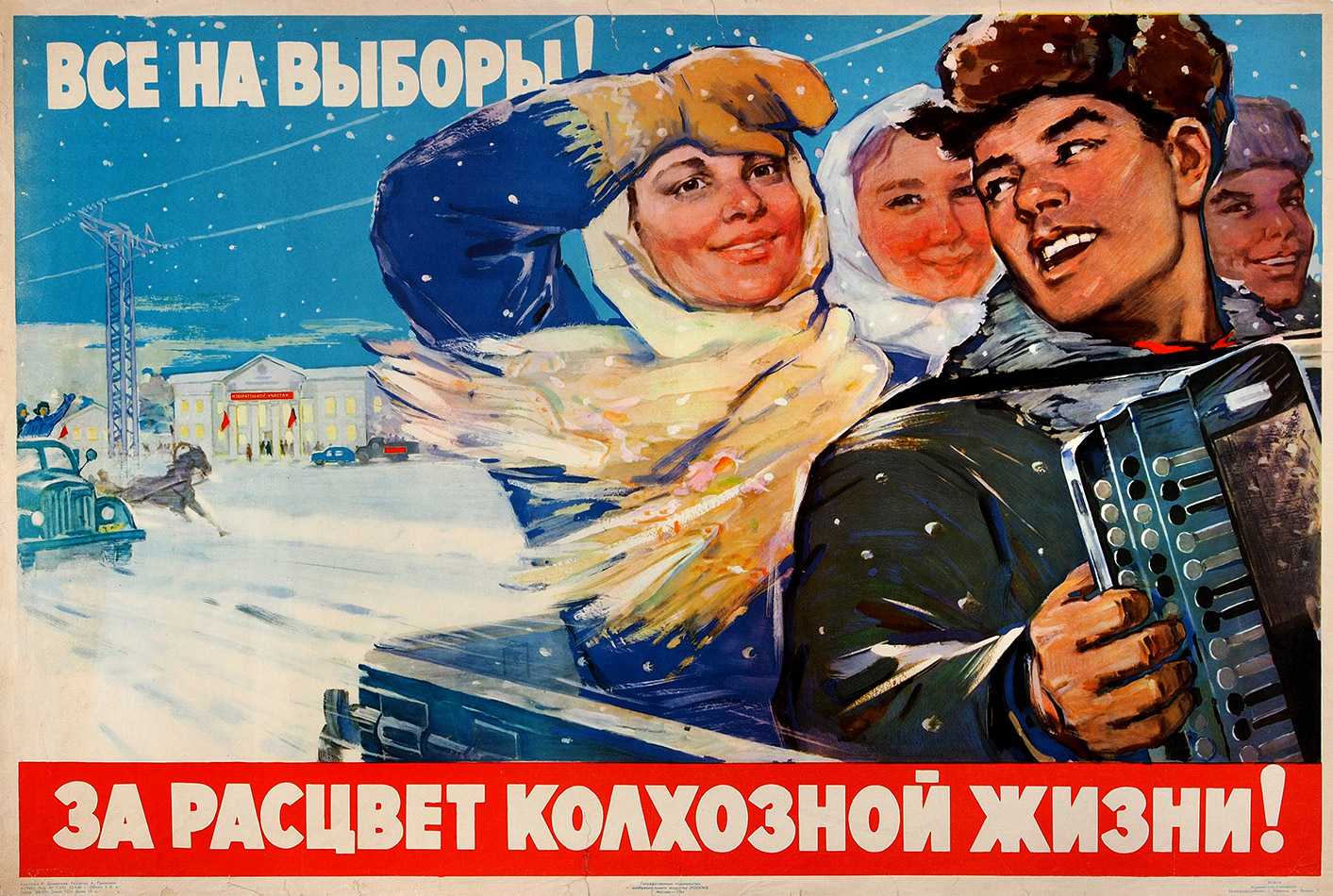Democratic forces: Navigating Election Challenges and Strengthening Capacities
 The situation has not changed
The situation has not changed

Despite the full swing of the campaign for parliament and local councils in 2024, the upcoming elections seem to be taking a back seat in the priorities of democratic forces. Instead, they are directing their energy towards rallying supporters who advocate for a forceful change of power, responding to what appears to be the sidelining of regime opponents.
It’s important to note right off the bat that among the democratic forces, there isn’t a unanimous approach when it comes to the behavior of supporters of change on voting day.
The primary stance of the broad coalition led by Sviatlana Tsikhanouskaya is to ignore or avoid any regime-related activities, including elections. The political organizations within the coalition refrained from nominating or endorsing candidates. This stance is a reactive response to severe repressions, legal constraints, and the diminishing influence of democratic forces on the domestic agenda. Over the past three years, the ruling class has implemented various legal, regulatory, and practical measures, both formal and informal, to impose discriminatory restrictions against critics of the regime.
Tsikhanouskaya, the leader of democratic Belarus, has called on supporters not to participate in polling stations on the designated voting day. This sentiment resonates with the core supporters of democratic forces in Belarus and in the diaspora.
On the flip side, some political organizations aim to maintain their mobilization potential and influence within the democratic movement. The “Honest People” initiative intends to initiate a protest vote, urging people to come to polling stations and vote against all candidates. However, this message is unlikely to have a significant impact or resonance in society, given the limited resources and audience of such initiatives, as well as the conflict with the mainstream position of democratic forces.
Differences in behavior on voting day do not pose a threat to Tsikhanouskaya’s leadership position, nor do they contribute to an increase in centrifugal tendencies among democratic forces. This is linked to the overall boycott and absenteeist sentiments among opponents of the regime, against whom security forces are conducting a repressive campaign to discourage participation in any social and political activity.
The mobilization potential of the democratic movement appears to be depleted, with no indications of prerequisites for a new protest mobilization of society. Additionally, a significant portion of the democratic forces’ assets is either in exile or has undergone political persecution and repression.
It’s noteworthy that individual political organizations are attempting to adapt to the changes in the new socio-political configuration. However, these political activists are cautious about excessive public exposure of their activities, especially in independent media. All independent media outlets have, in fact, faced persecution and are banned in Belarus, recognized by the regime as extremist resources with administrative and criminal prosecution of consumers of their products.
Activists from dissolved political parties or organizations are participating in or supporting candidates for parliament and local councils without extensive media coverage. For instance, the Belarusian party “Greens” led by Dzmitry Kuchuk, Belarusian Social Democratic Assembly led by ex-presidential candidate Siarhei Cherachen, “Speak the Truth” or “Our Party” with ex-presidential candidates Tatsiana Karatkevich and Andrei Dzmitryeu (currently in prison).
Hence, it is likely that the coalition of democratic forces led by Tsikhanouskaya will maintain its approach: disregarding the regime’s political calendar during the upcoming presidential elections and delegitimizing Lukashenka at the international level.
Subscribe to our newsletter




Situation in Belarus
Constitutional referendum: main consequences


 Video
Video
How to count the political prisoners: are the new criteria needed?


 Video
Video
Paternalism In Decline, Belarusian Euroscepticism, And The Influence Of Russia


 Video
Video












